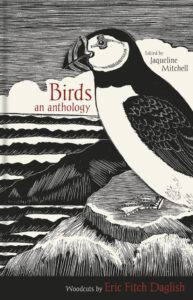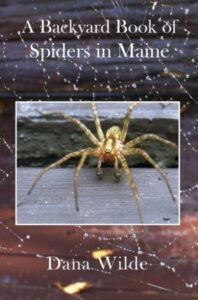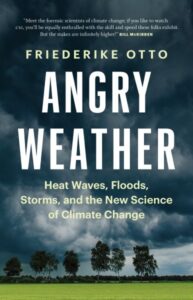When I find myself in times of trouble
And Mother Mary is ignoring me,
I go seeking words of wisdom
In an anthology.

When I find myself in times of trouble
And Mother Mary is ignoring me,
I go seeking words of wisdom
In an anthology.

Not so very long ago, while listening to a fascinating podcast discussion about Neanderthals between Melvyn Bragg, Simon Conway Morris, Chris Stringer, and Danielle Schreve from the BBC’s In Our Time program’s archive, I was struck by the use of the phrase “the domestication of fire” by one of the panelists (my apologies for not recalling which one). I hadn’t previously thought about fire as something to be domesticated, but immediately upon hearing the phrase, I thought “well there it is.”

Being a work focusing “on spiders likely to be spotted in Maine [but] by no means comprehensive,” Wilde presents clearly written and informative profiles – accompanied by very useful images, primarily from his own camera – of forty-two species, as well as a number of additional genera, of spider that anyone may reasonably expect to find in the course of exploring the natural world throughout the Pine Tree State.

In her book, Dr. Otto, the acting director of the Environmental Change Institute, University of Oxford, and Associate Professor in the Global Climate Science Programme, applies attribution science to recent significant weather events – with the narrative centered upon Hurricane Harvey – to determine if anthropogenic elements can be demonstrated in their causes.